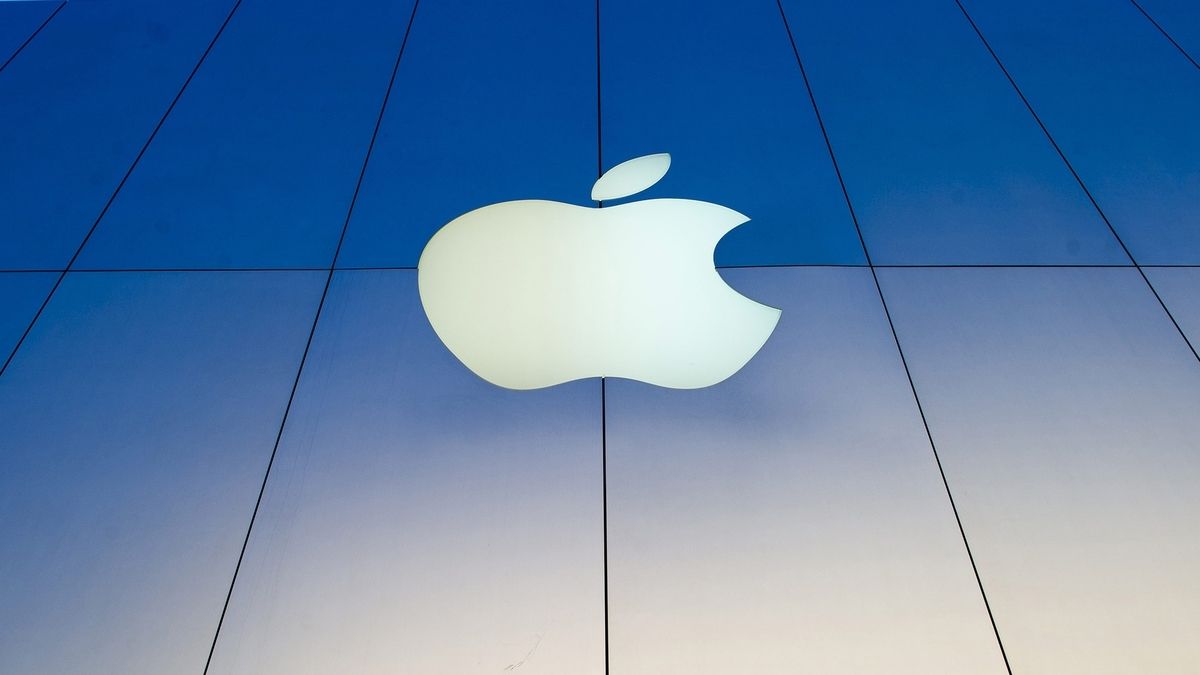
After nearly a decade of speculation and a substantial $10 billion investment, Apple has officially abandoned its ambitious automotive project, Project Titan, diverting its focus towards advancements in artificial intelligence. This strategic pivot sheds light on the inherent challenges within the electric and autonomous vehicle sector, contrasting sharply with Tesla’s disruptive success. The decision not only underscores the difficulties of achieving ‘level 5’ autonomy but also highlights Apple’s failure to forge essential partnerships with established car manufacturers.
Project Titan: From Aspiration to Abandonment
The tech giant’s foray into the automotive industry was met with both intrigue and skepticism. Despite its significant financial commitment and the recruitment of top-tier talent, Apple struggled to navigate the complexities of ‘level 5’ autonomy—a benchmark for fully automated driving without human intervention. The project’s ambition was further hampered by unsuccessful attempts to secure collaborations with leading carmakers, casting doubt on the feasibility of bringing an Apple-branded vehicle to market. The Irish News recently highlighted the challenges faced by Apple, including the daunting prospect of Siri-operated vehicle control.
Shifting Focus: Apple’s AI Endeavors
In light of the aborted automotive project, Apple’s redirection towards generative AI initiatives marks a significant strategic shift. This move reflects the company’s recognition of the burgeoning potential within the AI domain, an area where it has faced criticism for a perceived lack of transparency and innovation. The abandonment of Project Titan, therefore, can be seen as a recalibration of Apple’s long-term priorities, emphasizing its commitment to exploring cutting-edge technologies that align more closely with its core competencies. This pivot could have profound implications for Apple’s engagement with stakeholders and its positioning within the broader tech landscape, as detailed by Ponoko’s blog.
Lessons Learned and Future Implications
The dissolution of Project Titan offers valuable insights into the volatile nature of the automotive industry, particularly the electric and autonomous vehicle segment. Apple’s experience underscores the importance of adaptability and the willingness to reassess strategic objectives in response to evolving market dynamics and technological hurdles. For other companies venturing into this challenging domain, Apple’s journey serves as a cautionary tale of ambition, innovation, and the pragmatic recalibration of goals.
As Apple charts a new course toward AI, the tech world watches closely, anticipating the next breakthroughs that may emerge from this strategic realignment. The lessons gleaned from Project Titan’s ambitious but ultimately unrealized vision will undoubtedly influence Apple’s future endeavors, reinforcing the company’s reputation for pushing the boundaries of innovation while navigating the complexities of rapidly changing industries.
